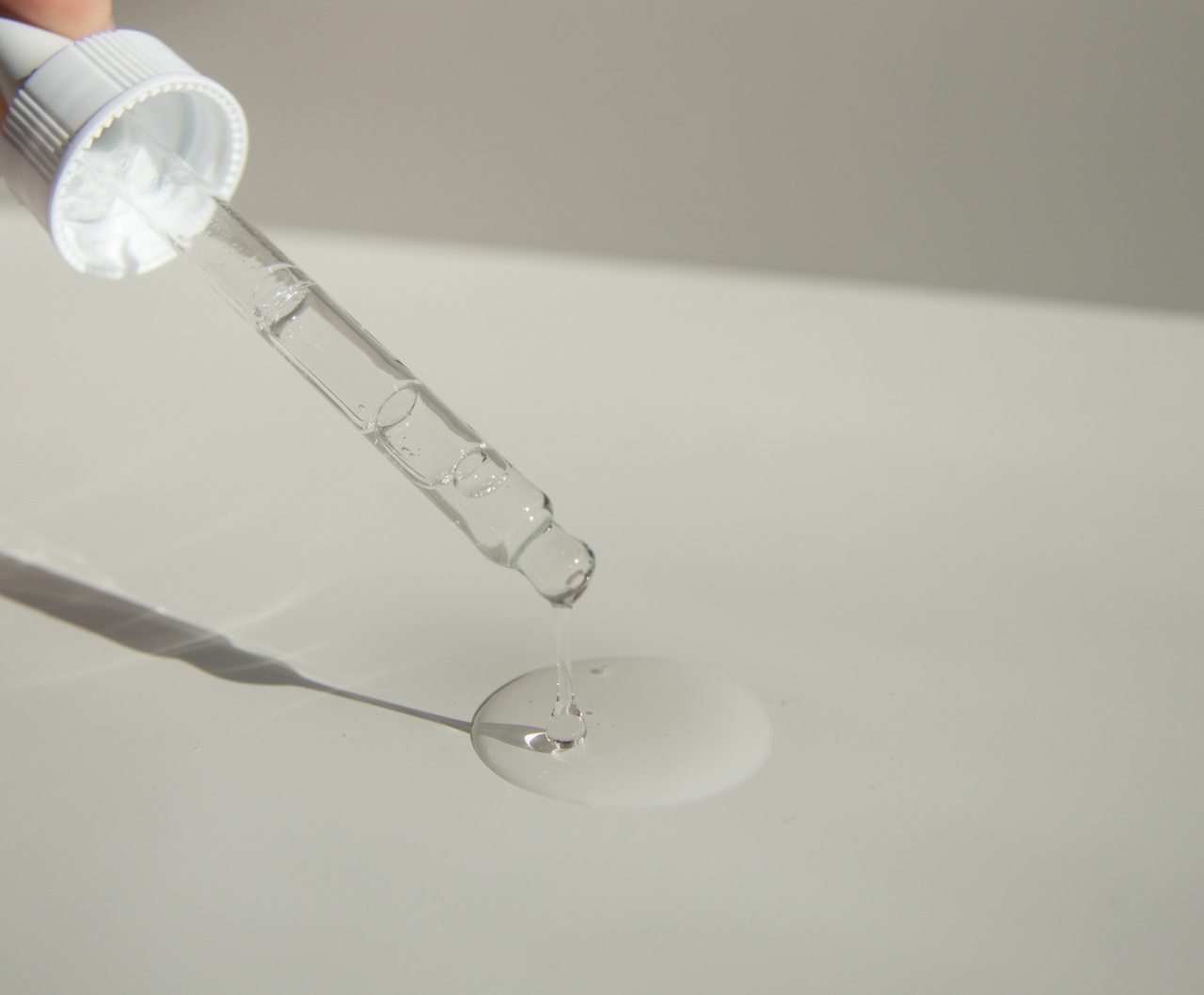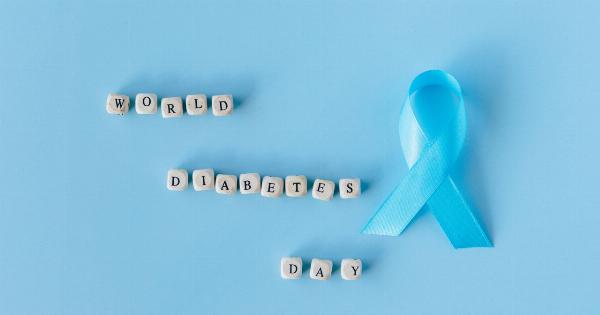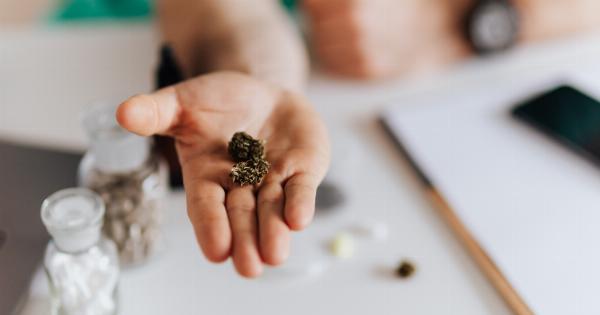A urinary tract infection (UTI) is a common condition that occurs when bacteria enters the urethra and begins to multiply in the urinary tract.
It can cause uncomfortable symptoms such as frequent urination, pain or a burning sensation during urination, cloudy or bloody urine, and lower abdominal pain. If left untreated, UTIs can progress and lead to more serious complications. However, with the right treatment, UTIs can be swiftly resolved. In this article, we will explore some tried and tested techniques to help you treat UTIs effectively.
1. Drink Plenty of Water
One of the simplest and most effective ways to speed up the recovery from a UTI is to drink plenty of water. Increasing your fluid intake helps to flush out the bacteria from your urinary system, allowing your body to eliminate the infection naturally.
Aim to drink at least eight glasses of water a day, and consider including herbal teas or unsweetened cranberry juice, which has been shown to reduce UTI symptoms.
2. Take Over-the-Counter Pain Relievers
Pain relievers such as ibuprofen or acetaminophen can help alleviate the discomfort associated with UTIs. These drugs can reduce inflammation and provide temporary relief from pain and aches.
However, it is important to note that these medications only address the symptoms and do not cure the infection itself. Therefore, it is crucial to seek medical treatment to fully eradicate the UTI.
3. Use Heating Pads or Warm Compresses
Applying a heating pad or warm compress to your lower abdomen can provide relief from the pain and cramping associated with a UTI. The warmth helps to relax the muscles and alleviate discomfort.
Ensure that the heating pad or compress is set to a comfortable temperature and apply it for around 15 minutes at a time. Remember to place a cloth between your skin and the heating pad to avoid burns.
4. Practice Good Toilet Hygiene
Proper toilet hygiene is essential for preventing UTIs and aiding in their treatment. Always wipe from front to back after using the toilet to avoid introducing bacteria from the anal area into the urethra.
Additionally, make sure to empty your bladder completely when urinating to minimize the chances of bacteria remaining in the urinary tract.
5. Increase Vitamin C Intake
Vitamin C is known for its ability to boost the immune system and fight off infections.
Increasing your intake of vitamin C-rich foods, such as citrus fruits, strawberries, and bell peppers, can help strengthen your immune response and aid in the treatment of UTIs. Alternatively, you can take vitamin C supplements after consulting with your healthcare provider.
6. Try Natural Remedies
Several natural remedies have shown promise in alleviating the symptoms and fighting the infection associated with UTIs. Some examples include:.
Cranberry: Cranberry has long been recognized for its potential to prevent and treat UTIs. Its compounds can inhibit bacterial adhesion to the urinary tract, making it harder for bacteria to cause an infection.
Probiotics: Probiotics, particularly those containing Lactobacillus strains, may help restore the balance of good bacteria in your urinary tract, inhibiting the growth of harmful bacteria.
Garlic: Garlic possesses antimicrobial properties that may contribute to the eradication of UTI-causing bacteria. Adding fresh garlic to your meals or taking garlic supplements can help boost the effectiveness of other treatments.
While natural remedies can provide relief, it is essential to consult with a healthcare professional to ensure they are safe and effective for your specific case.
7. Antibiotic Treatment
In many cases, UTIs require antibiotic treatment to eliminate the infection. Antibiotics are commonly prescribed by healthcare professionals based on the specific bacteria causing the infection.
It is crucial to complete the full course of antibiotic treatment as prescribed, even if symptoms improve, to prevent the recurrence of the infection and the development of antibiotic resistance.
8. Urinate Frequently
Frequent urination can help flush out bacteria from the urinary tract, aiding in the treatment of UTIs. Avoid holding in urine for long periods and make a habit of emptying your bladder regularly.
Additionally, urinating before and after sexual activity can also reduce the risk of UTIs by eliminating any bacteria that may have entered the urinary tract during intercourse.
9. Avoid Irritants
During a UTI, it is important to avoid potential irritants that can worsen symptoms or hinder the healing process. Some common irritants include caffeine, alcohol, spicy foods, and acidic beverages.
Additionally, it is advisable to avoid using harsh soaps, bubble baths, and douches, as they can disrupt the natural pH balance of the urinary tract and potentially worsen the infection.
10. Seek Medical Attention
While home remedies and over-the-counter treatments can provide temporary relief, it is crucial to seek medical attention for a UTI.
A healthcare professional can accurately diagnose the infection, determine the appropriate antibiotic treatment, and monitor your progress. They can also provide guidance on preventive measures to reduce the risk of recurrent UTIs.
By following these tried and tested techniques, you can swiftly treat UTIs and alleviate their uncomfortable symptoms. Remember to consult a healthcare professional for an accurate diagnosis and personalized treatment plan.































